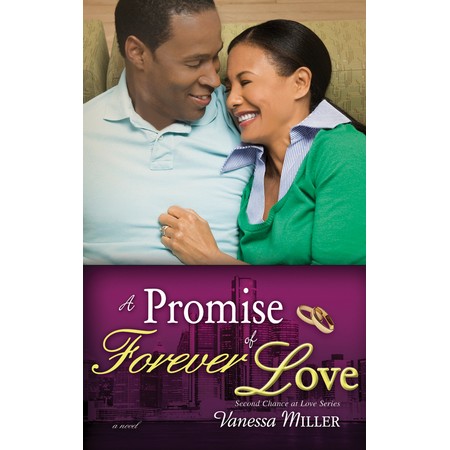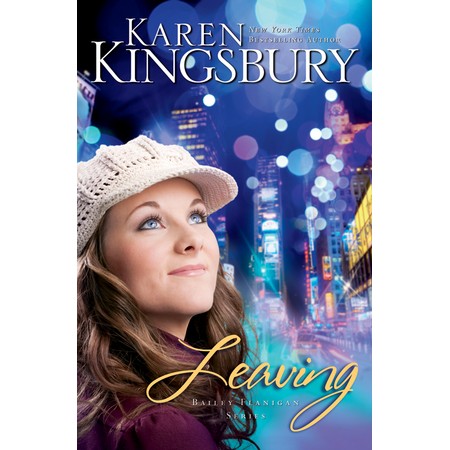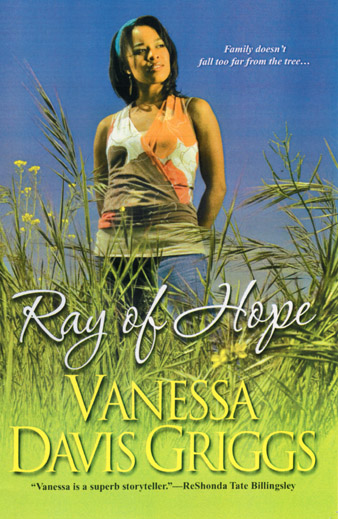By Dee Stewart
July, 2004
Olympia Vernon's first book, Eden, is a tragically written struggle of an adolescent girl fighting against nature, her maturity and her mortality. Receiving rave reviews from Publisher's Weekly and the American Library Association Vernon's debut novel has been compared to such acclaimed authors as Toni Morrison and Alice Walker. This year alone she has received the 2004 American Academy of Arts and Letters Richard and Hinda Rosenthal Foundation Award, the Robert O. Butler Award for Fiction in 2000 and two Matt Clark memorial scholarships. This summer she releases her second novel, Logic, which is already receiving buzz and critical acclaim.
Ms. Vernon graciously chatted with me about her writing philosophy, the fact that she has no literary influences and how she can't sleep for the voices haunting her thoughts.
Dee: After you got this sentence in your head- "One Sunday morning, during Bible study, I took a tube of fire engine red lipstick and drew a naked lady on the first page of Genesis"- how long did it take you to write Eden?
Olympia: I don't remember. I, too, like Maddy, was in "a place with no calendars." I knew nothing of food and clothes and phones and creatures, only the world I was in, another place, another rhythm altogether. When I finished, I walked out onto the balcony and there were lights fluttering in the sun.
Dee: You say that the origin of Eden is something you can't pin down or say. Why is that?
Olympia: Only God knows where Eden emerged. I was not in this land but another one of dying women and floating stars and there emerged Eden.
Dee: What is your writing philosophy?
Olympia: I have none. I write until the characters are done with me. Sometimes, they go pee or drink a beer and I breathe until they are ready to come home to the page.
Dee: Can we agree that the Lord has something for us to say and apparently we haven't said it enough, so it has come back again? Or is that just my crazy talk?
Olympia: Yes, God gives us all something to say. The choice is ours. The choice is up to the person. You can either use the gift that you are given or let it buildup in your mind and soul and never be used. I often wonder where unused gifts go, if they lend themselves to your children after you are dead or they die with you in your grave. God has something for me to say, for the characters I write to say, and I am only executing that love through the characters and their lives.
Dee: I host an online column and forum where I've spoken with many published and self-published writers. Most of them say that the publishing industry is racist? When I read your response on this topic at Mozaicbooks.com I was thrilled. You said, "A writer must first write the novel of his or her life. The novel that causes one to lose sleep and body and pride. The novel that comes straight from the bone. If this is done, when this is done, the doors will open. And he or she will walk through, regardless of what race he or she is." Do you think that some of us writers are too focused in trying to make a profit or a name for themselves instead of putting their focus in their writing?
Olympia: Each writer's story is unique to himself or herself. My focus is ALWAYS on the characters. Nothing else matters. If I think there is racism in the world, my characters tell that story. If there is injustice in the world, I allow the characters to speak. It's not my job to worry about what the world is doing, only to write the story and injustice of the earth through the characters. If you focus on these things while writing, your writing becomes purposeful. Let the characters create the purpose. If they catch on to your internationalisms, they won't come out to play.
Read the entire interview here.



















